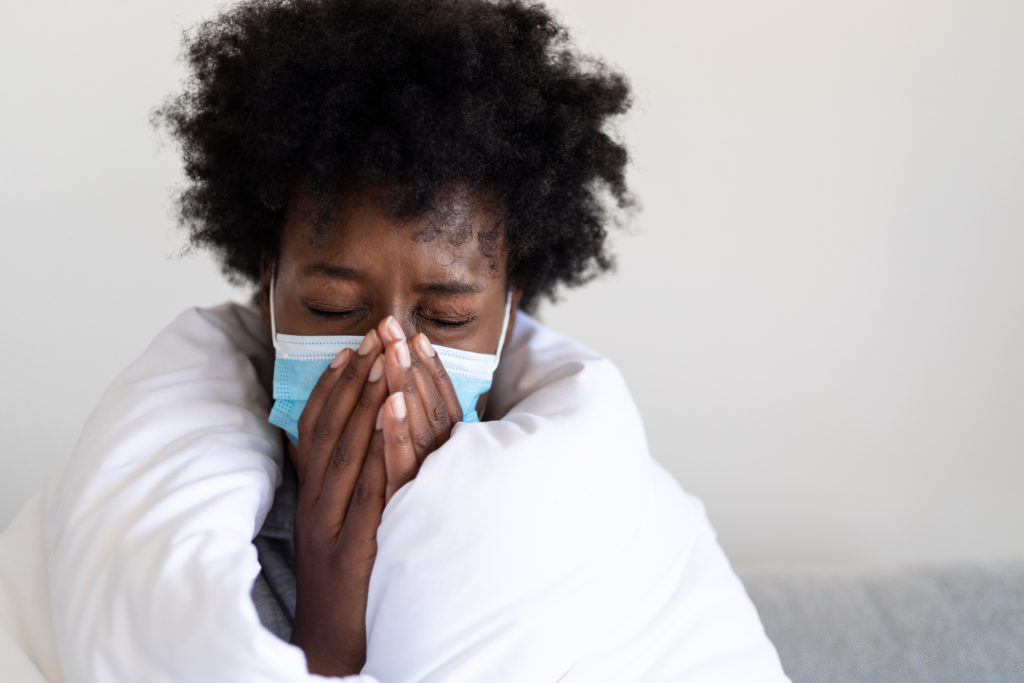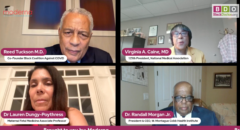
A new study suggests that thousands of Americans have sought medical care for health conditions and concerns they did not have before they were infected with the novel coronavirus. The study tracked health insurance records for 2 million people in the U.S. who got COVID-19 and found 23% sought medical care for new conditions. The study followed patients one month or more after they were infected.
According to the New York Times, people of all ages were affected. The most common new health problems that emerged for patients included:
- Nerve and muscle pain
- Breathing problems
- High cholesterol
- Fatigue
- High blood pressure
- Intestinal issues
- Migraines
- Skin issues
- Heart abnormalities
- Sleep disorders
- Anxiety
- Depression
The study also found that those who didn’t get sick from COVID-19 still faced a number of these problems. “One thing that was surprising to us was the large percentage of asymptomatic patients that are in that category of long COVID,” said Robin Gelburd, president of FAIR Health, a nonprofit organization that led the study.
It should be noted that the study did not compare those who had COVID-19 and those who didn’t, which means there’s no indication if symptoms were higher overall with the general U.S. population. “The report did exclude patients with certain serious or chronic preexisting conditions like cancer, kidney disease, HIV, liver disease and stroke, to separate their previous health status from post-COVID symptoms,” per Health Day.
The research suggests that “long-COVID”, the term used to describe issues that last a long time after COVID-19 diagnosis, is widespread among both the symptomatic and asymptomatic.
“Long-COVID” is a major concern for experts, who are seeking solutions for people suffering from these issues and what can be done about it. Dr. Anthony Fauci, the director of the National Institute for Allergy and Infectious Diseases, said that getting the COVID-19 vaccine might help stop long-COVID problems.








